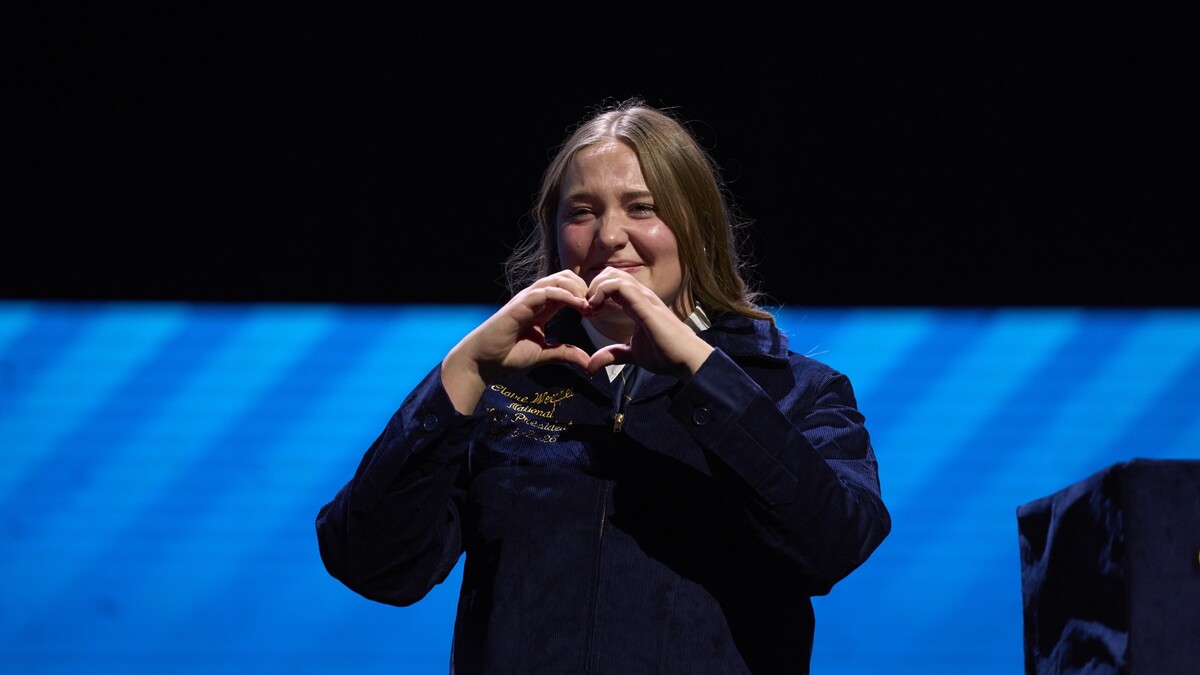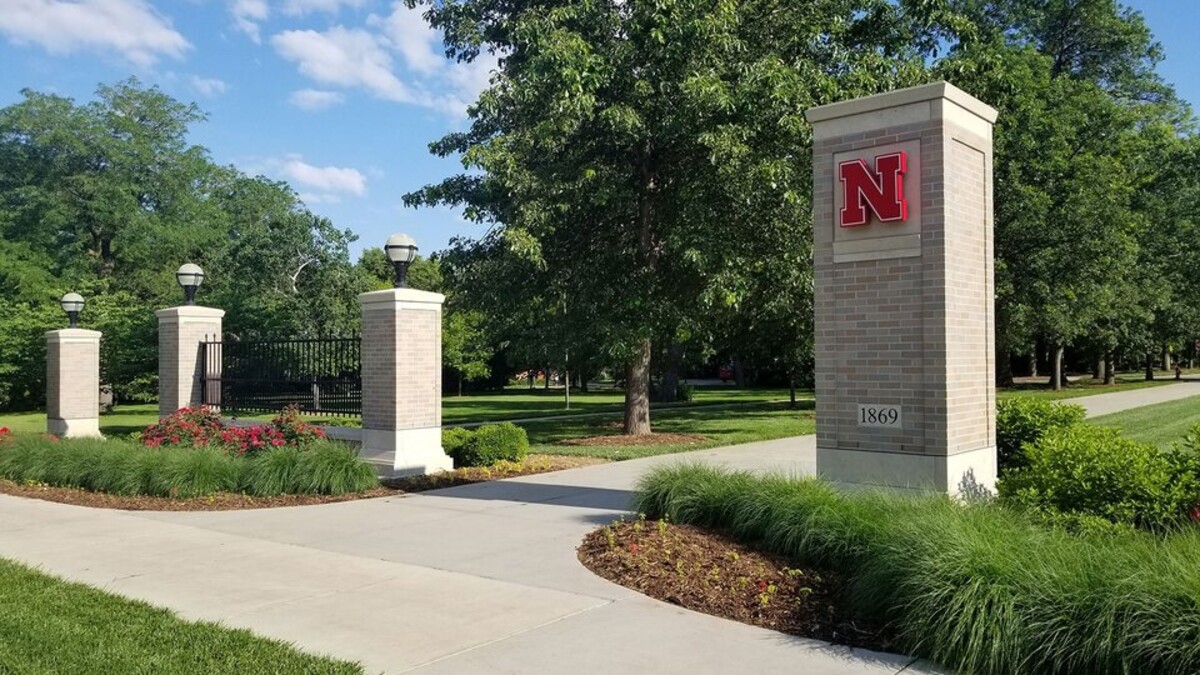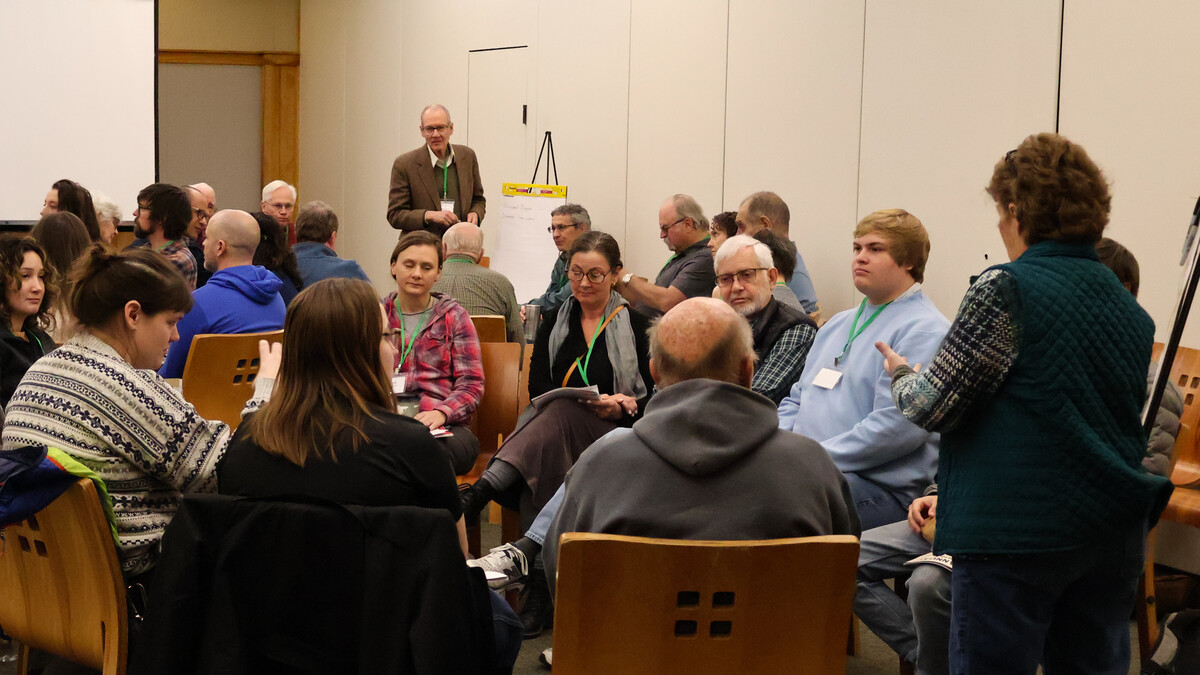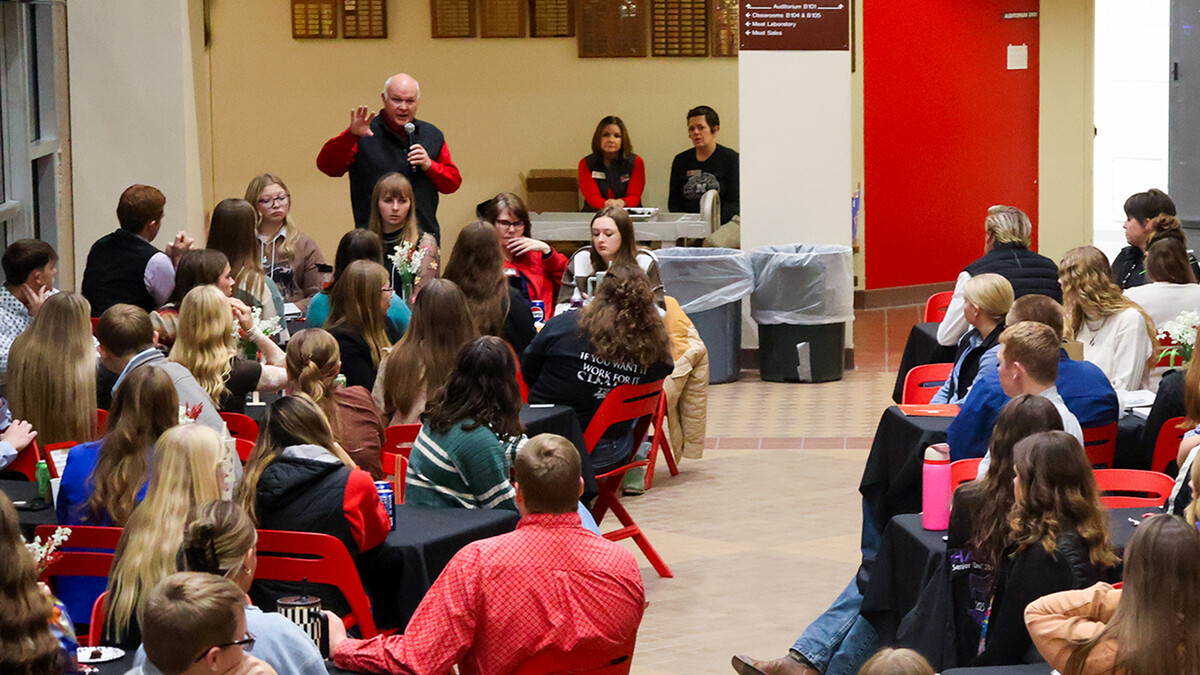May 10, 2013
LINCOLN, Neb. — University of Nebraska-Lincoln scientists are experimenting with the use of corn silage in cattle finishing diets, finding that it can be an economical replacement for corn in feedlot diets containing distillers grains.
On another front, research is being conducted into feeding distillers grains that have some corn oil removed, so the oil can be used in biofuels.
Corn silage long was a staple of cattle diets, particularly in times of high corn prices, since it allows feeders to use the entire corn plant, but animal scientist Galen Erickson thinks UNL's current research may be the nation's first that looks into evaluating elevated levels of corn silage in finishing diets containing distillers grains.
Distillers grains are a byproduct of ethanol production and have become an increasingly important element of cattle feed, particularly in Nebraska, which relies on cattle, corn and ethanol production like no other state.
"I'm a big fan because I think it fits our state," Erickson said. "As corn becomes more expensive, it's quite economical."
"We're on a mission to improve the use of corn residue, whether grazed, , baled, or harvested as silage as long as it's done in a sustainable way," the Institute of Agriculture and Natural Resources scientist added.
"The objective of our experiment was to determine the performance effects, carcass characteristics and economics of feeding elevated levels of corn silage and MDGS (modified distillers grains with solubles) as a partial replacement of corn in finishing diets," Erickson said.
The research, which partially replaced corn with the more economical corn silage, found that as corn silage increased, there was a slight increase in feed-to-gain ratio and a decrease in dry matter intake and average daily gain. However, ADG and F:G were improved when corn silage was fed with MDGS.
Scientists also studied the economics of this approach, comparing the impacts at different price levels of corn and cost of silage. They found that under certain conditions, it makes economic sense, and "it especially fits for some of our smaller producers," Erickson said.
"In general, corn silage in combination with MDGS can be utilized to partially replace corn in finishing diets," the UNL scientists concluded in a summary of their work. "Cattle performance is reduced with increased level of corn silage in finishing diets containing MDGS. However, feeding corn silage with MDGS is better than without MDGS for average daily gain and feed to gain ratio."
As for the de-oiling research, Erickson said it's yet another way to take better advantage of the synergy in Nebraska's mix of corn, beef and ethanol. Erickson and his colleague Terry Klopfenstein are comparing the effects of feeding condensed distillers solubles, and distillers grains plus solubles, with and without corn oil removed in steer diets.
Condensed distillers solubles (CDS) are a liquid byproduct and distillers grains plus solubles are a semisolid byproduct, both from ethanol production. CDS are generally added back to distillers grains before feeding, but earlier IANR research found they can be fed separately in cattle diets.
Ethanol plants can remove some corn oil from the CDS; it can be sold for about 30-35 cents a pound to be developed into biofuels. So, IANR scientists wanted to determine how performance of cattle fed the de-oiled byproduct compares to that of cattle fed regular CDS or regular distillers grains plus solubles.
Findings so far are surprising. Scientists found that when CDS are fed at a higher percentage of cattle diets, removal of corn oil improves digestion in forage-based diets. In feedlot diets, two experiments have shown either no impact or a slight decrease in value for finishing cattle. However, the impact on performance is much smaller than predicted, or had no impact at all. More work is under way.
Galen EricksonPh.D., professor, animal science
402-472-6402
gerickson4@unl.edu
Dan Moser
IANR News Service
402-472-3030
dmoser3@unl.edu







